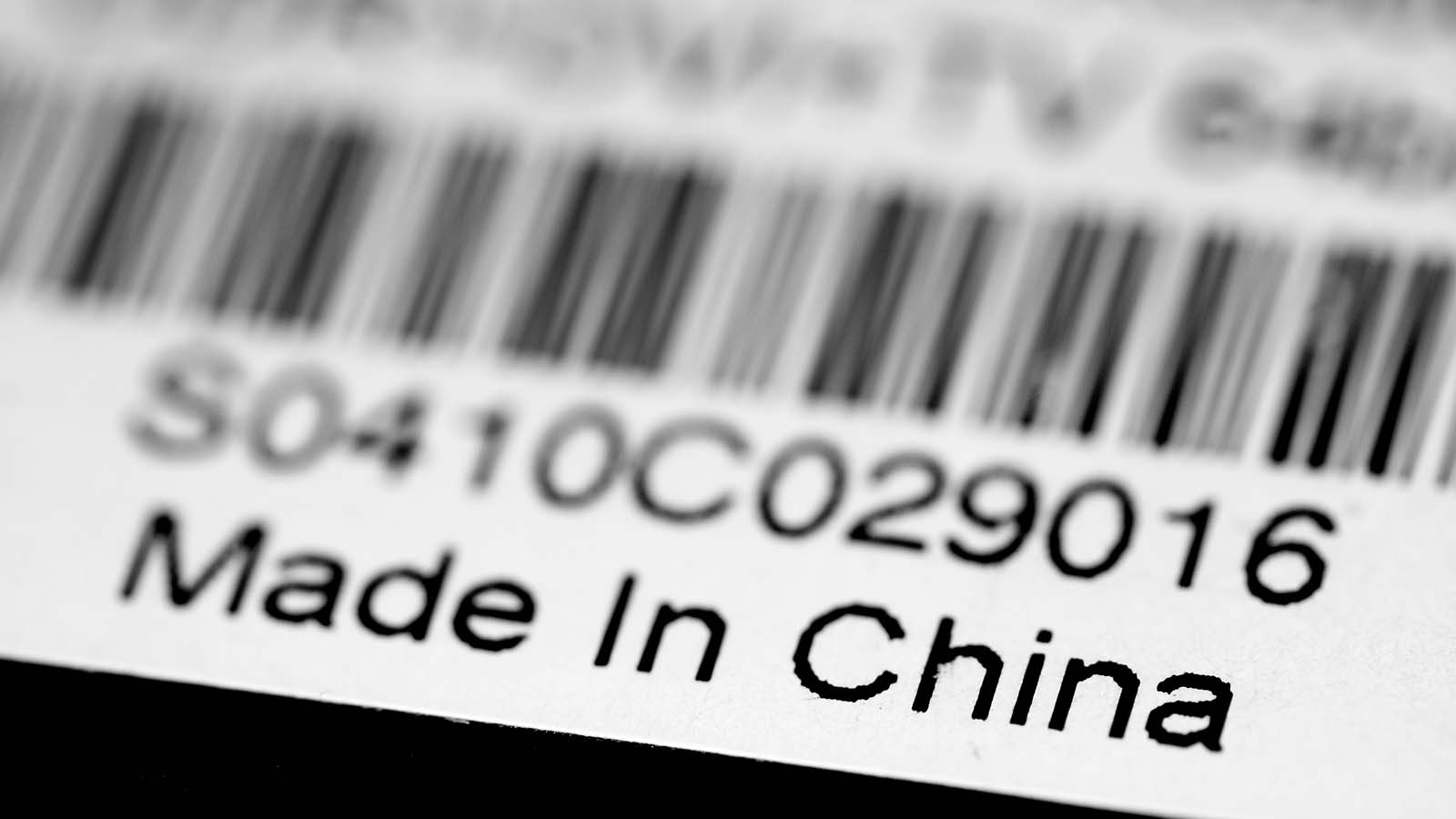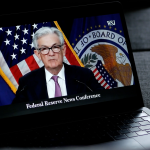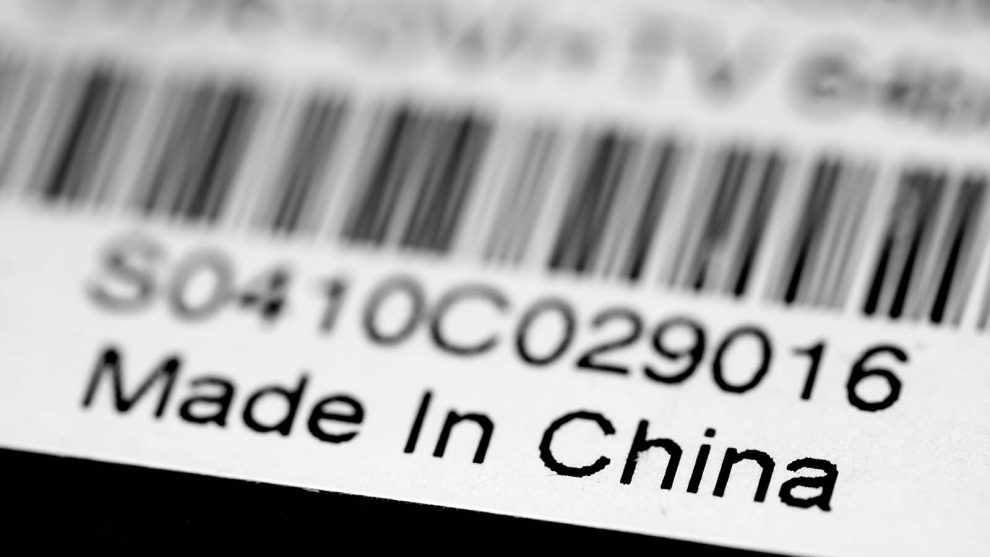
In an effort to protect American workers and businesses from China’s unfair trade practices, the Biden China tariffs consist of increases in tariff rates for a slew of Chinese-made goods. Those include electric vehicles (EVs), solar cells and steel. In fact, this could provide a boon for U.S. manufacturers of these products. In turn, respective shares may become a buying opportunity right now.
For China-based and/or U.S.-based importers of these products, the increased tariffs could present a new challenge. Also, this trade policy change could set the stage for other tariff increases, like the European Union (EU).
Nevertheless, certain companies, despite being in the industries subject to the tariff increases, may not see much of a tailwind or a headwind from them.
Let’s take a look at three stocks to watch due to this news in order to determine the potential impact.
First Solar (FSLR)

Following the announcement of the Biden China tariffs, shares in U.S.-listed solar stocks like First Solar (NASDAQ:FSLR) surged in price. However, out of the numerous names that soared higher on this news, shares in this manufacturer of PV solar modules is the one best-positioned to benefit from higher Chinese tariffs.
At least, that’s the view of both my InvestorPlace colleague Stavros Tousios, as well as analysts at research firm RothMKM. Per Tousios, since the tariff increases for solar apply not only to Chinese-made panels and cells, but also panels and cells from adjacent Southeast Asian countries, this stateside manufacturer could gain ground in terms of market share.
As the analyst team at RothMKM has argued, besides benefiting from the tariff increases, First Solar is also better-positioned than its U.S. peers. This is true at least when it comes to capitalizing on solar tax incentives provided by last year’s Inflation Reduction Act.
Nio (NIO)

Chinese EV manufacturer Nio (NYSE:NIO) has yet to enter the U.S. market. Hence, the company is not immediately affected by the higher tariffs. In the case of China-made EVs, the tariff rate is going from 25% to 100%.
However, after tanking after the tariff increase announcement, NIO stock could stay under pressure due to this development. Why? The reasons are twofold. First, the changes will complicate Nio’s plans to enter the North American EV market within the next few years.
Second, as hinted above, the Biden China tariffs could also result in the EU raising tariffs on Chinese-made goods like EVs. This may be detrimental to Nio and other Chinese EV makers, who have focused their global expansion efforts on the European market. Add these risks atop Nio’s growth and profitability troubles in its home market, and there’s now even more reason to skip on NIO shares.
Steel Dynamics (STLD)

Steel Dynamics (NASDAQ:STLD) is a U.S.-based manufacturer of steel and steel products. At first, you may think that the Biden tariff increases for China-made steel will be a boon for this company.
After all, tariffs on Chinese steel are climbing back up to 25%, from 7.5%. This should presumably give domestic steelmakers an edge. However, while certainly a positive, it is worth noting that STLD stock has not surged much on this news. This may be due to the fact that other factors will play a more significant role in moving the needle.
Back in April, Seeking Alpha commentator Seeking Profits laid out several non-tariff tailwinds that bode well for Steel Dynamics. Those include increased steel demand from U.S. automakers and continued elevated levels for nonresidential construction. Reasonably-priced at around 11 times forward earnings, these positives could help drive a further steady climb for shares.
On the date of publication, Thomas Niel did not hold (either directly or indirectly) any positions in the securities mentioned in this article. The opinions expressed in this article are those of the writer, subject to the InvestorPlace.com Publishing Guidelines.






